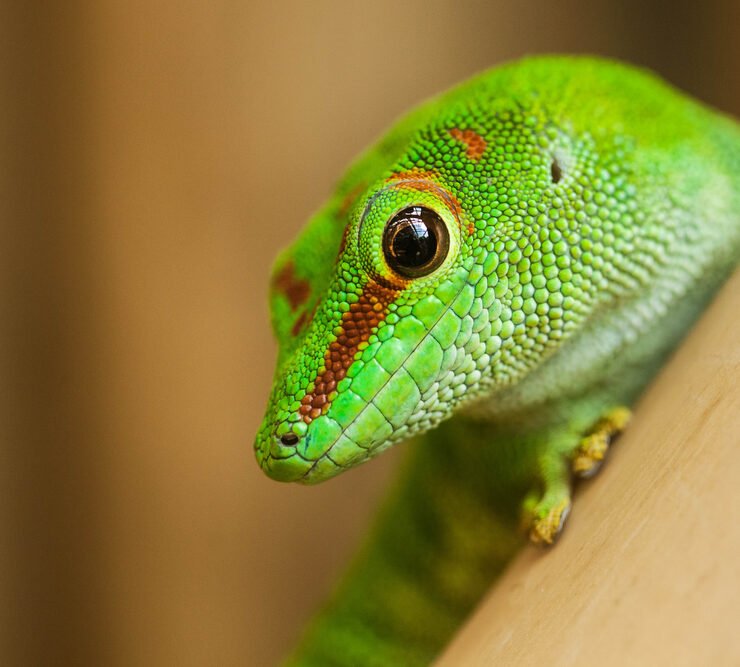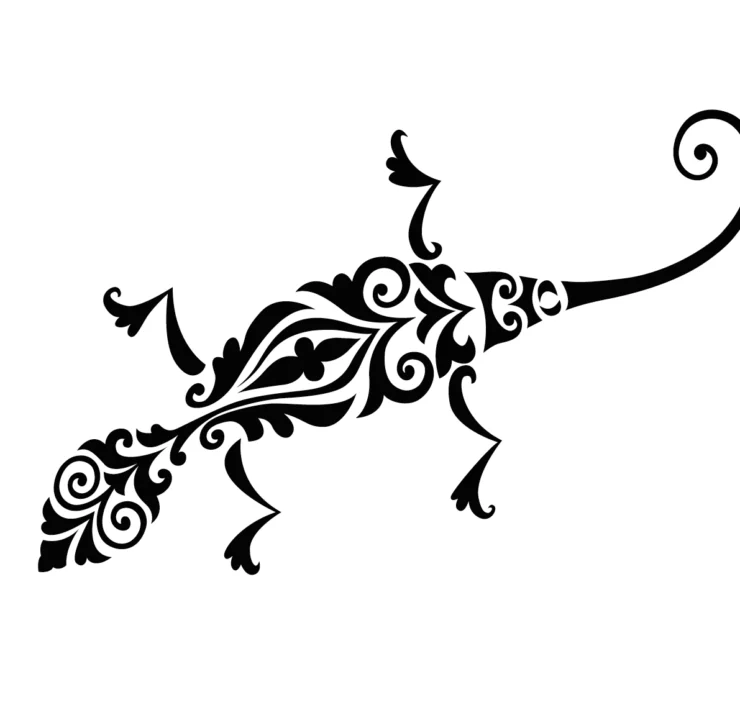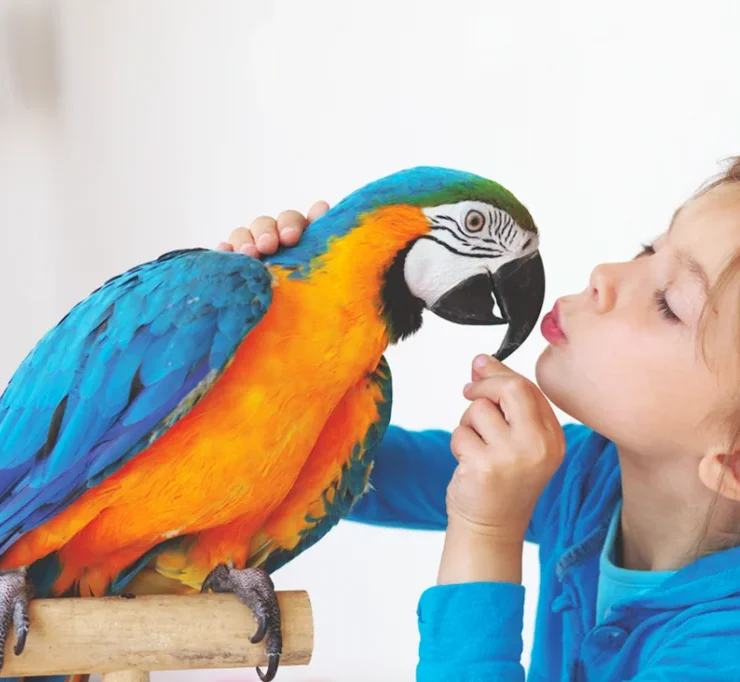Rendezvous With Animals In Japan

Planning a trip to Japan? Make sure the wildlife and petting cafés are a part of your tour!
Japan on the world map is like an arc stretching from north to south. This special geographical feature is the cause of the climate difference between the north and south. Hence, the wildlife found in the respective regions is also different.
Rare species unique and localized to Japanese land are the Amami hare and the Iromote wildcat, which are found in Okinawa island of Japan and other southern areas. Honshu Island is home to some of the most incredible animals and birds, which include the Japanese serow, giant flying squirrel, Japanese bear and the Japanese macaque.
Next, travel to another Island of Japan, Hokkaido, which is no less when it comes to harbouring wildlife. Hokkaido has the Ezo brown bear, sable, striped squirrel, and Sakhalin red fox.
More than 600 species of birds are found in Japan. Some of them that are found in abundance are the swallow, the common pheasant, the copper pheasant and the bush warbler, which is skilled in indicating the coming of spring. Migratory swans also make northern Japan their temporary abode when they travel to Siberia. Apart from birds and animals, the chirping of the 32,000 different kinds of insects is considered to be poetic in Japan.
The wildlife in Japan will require another piece altogether because it is so diverse and there is so much to see that you will lose count of the exotic birds and animals.

PETTING CAFES OF JAPAN
Moving to more urban areas, the unique concept of petting cafes is one of those things you do not want to miss when you are there. Different kinds of petting cafes have been made to cater to the many animal lovers in this sprawling metropolis of 13 million people. As you wait for the delicious muffin you ordered, a variety of domesticated animals roam around you looking for cuddles, and these animals vary from cats to rats and even snakes. If reptiles and the like give you goosebumps or you feel uncomfortable petting them, you can just watch them enjoy their meal. Hygiene is pretty well taken care of. An anti-bacterial dispenser at each table allows you to rinse your hands after petting.
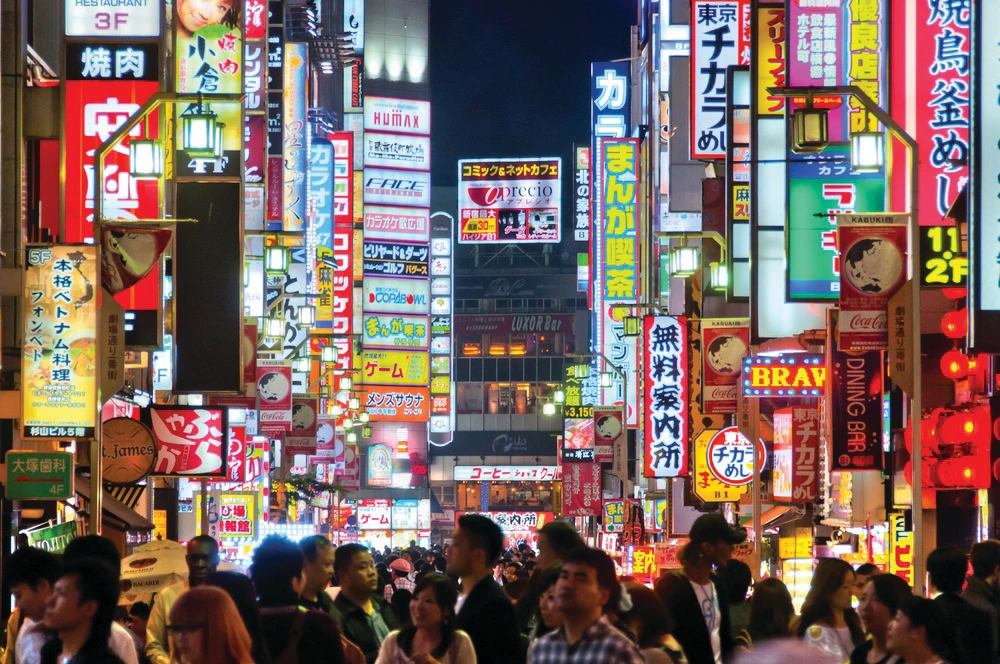
The whole concept might sound strange but in Tokyo, this is the way it usually works and the residents enjoy it. Special cat cafes have come into existence where people can enjoy feline company without the hassle of emptying the litter box. These cafes are usually open till 2 a.m. The cafes are busiest during the evening and late hours, as people like to visit them after a tiring day at work.
Just when we thought we had had enough of owls in the world of fashion, with owl-themed accessories to clothing to footwear, owl cafes or “fukurou cafes” in Japanese, popped open in Japan like a well-shaken bottle of soda. Offering owl-themed food and drink, these cafes became a centre of attention in both good and bad ways. The idea of owl cafes was not taken down well by many people across the world and generated a fair share of controversy along with animal rights groups standing against the concept. Considering owls are not your typical domesticated animals, it is probably better if they stay in the wild. Many other animal cafes offer you the company of snakes and turtles goats, geckos, dogs, birds and bunnies as well. It may be impossible to visit each but if you are an enthusiastic animal lover, you can keep a day out of your trip just for the teashops.

A Cappuccino for you, a puppyccino for your pooch!
Dog cafes are slightly different. Visitors are encouraged to bring their pet dogs instead. In dog cafes, not just you but even your pet is properly catered to. Your canine friend too gets special meals served when you place your order.
A good time for the residents to go to a dog café would be on their dog’s birthday. In Japan, after making the dog look chic at the groomers, the owners take it for a treat at a dog café, after all, what more could it want on its birthday than have its favourite meat biscuits and special cakes served in style? People who do not have pet dogs can rent one to fulfil their longing for a pet. Such rental services are common in Japan as many people are not willing to or able to own a pet.
Are the animals happy?
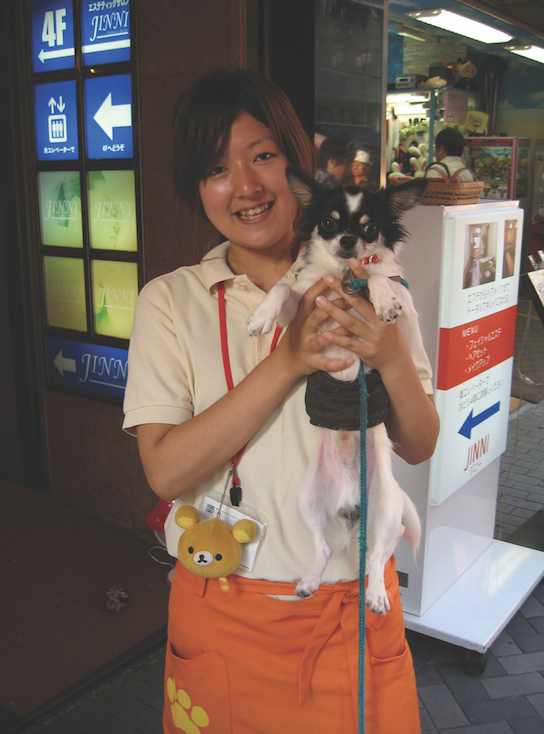

Yes, they are. The animals have the freedom to hide, play and sleep as they wish. In most busy cafes, the animals have rotating shifts so that one of them is not exposed to visitors more than required. From a business point-of-view, it is an advantage to keep the animals happy too. A happy animal will make the customer happy.
We encourage you to visit well-established and well-designed pet cafes because there are a bunch of little ones that may not completely abide by animal health and safety rules.
One of the main reasons behind the concept of pet cafes is pet therapy. Several buildings in Japan do not allow pet entry and the common man tired from a hard day of work has to relieve himself of stress. To bond with animals is one way to relieve stress and it also has medical benefits, which is why animals for hire and pet cafés have proven to be successful. Pet cafes are also a great opportunity for people to socialize particularly if they are new in Japan.
Cats for all. Happiness for all.
There is always some give and take involved and nothing comes as we wish. Anyone who visits cat cafes has to accept and agree to the terms and conditions. Unwanted chasing of the cats for cuddles is not allowed, shoes and belongings are to be kept in designated lockers, and visitors have to select timings they want to spend with the cats in advance. Approximately 40 AED promises you a good half an hour with a cat along with refreshments like hot chocolate or tea. Toys and treats can be bought for just a few extra bucks.
The time and bonding people share with cats in cat cafes can be very delightful. People from every walk of life have a great time with the cats pouncing on them, demanding treats, and hiding in the “cat apartments” only for the people to find. Half an hour later as you come out, you will be joined by other jubilant people who had a refreshing moment with cats, so do not miss out on this heart-warming opportunity to meet new people and pet friends over a cup of coffee.

A FEW TIPS:
Spring, March to May, and autumn, September to November, is climatically stable in Japan, which makes these seasons the best time to visit Japan.
The currency is the Japanese Yen
Of course, Japanese is the official language of Japan. Learning at least a few words of Japanese before you travel will be helpful. Japanese are very pleased when they hear a tourist attempting a few words.
Mobile usage is the most common problem in Japan. If you have a 3G handset, it will work, or else it will not. We recommend “rent a phone” as it is the most economical. Many companies have booths at the airports, while other companies will mail a phone to your hotel or to your home. You will need a photo ID and credit card for this service. The phones can be returned to the booths at the airport on departure or mailed back to the companies.


